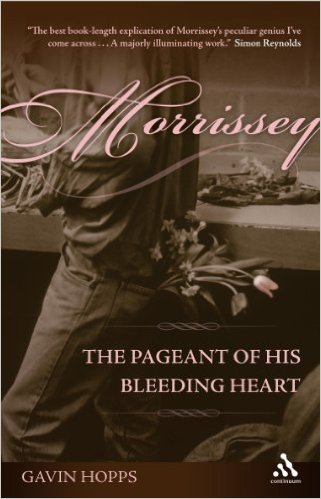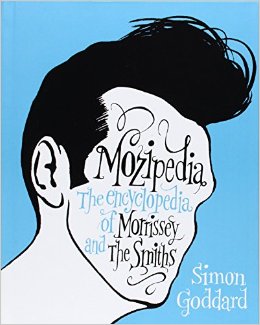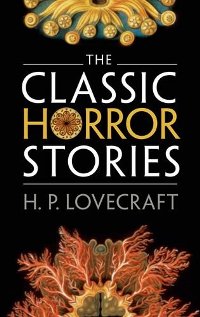 Morrissey: The Pageant of His Bleeding Heart, Gavin Hopps (Continuum Books 2012)
Morrissey: The Pageant of His Bleeding Heart, Gavin Hopps (Continuum Books 2012)
In a way I was an ideal reader for this book, because I was impressed by it despite myself. Gavin Hopps is described on the back cover as “the Research Council’s UK Academic Fellow in the School of Divinity at St. Mary’s College, the University of St. Andrews, Scotland.” He takes people like Derrida, Deleuze, Guattari and Žižek seriously. He uses words like “focalization” and “performative” and phrases like “the gendered subject” and “etceterizing gestures”. I thought his book would be a particularly ugly example of breaking a butterfly on the wheel.
I was wrong. I have to agree with something else on the back cover: the claim that this book is “at once erudite and accessible”. It’s highly erudite and despite the occasional intrusion of po-mo jargon it’s highly readable too. Beyond that, it does Morrissey a very great service. It proves that he is much more than a butterfly. Yes, there is shimmering beauty and tantalizing elusiveness in his work, but there’s profundity and intelligence too. And even muscularity. To adapt one of his own lyrics: the more you dismiss him, the larger he looms.
And Hopps is well-equipped to discuss all sides of his work, because he knows a lot about music, not just about literature and popular culture. When he’s discussing the chordal structure of Johnny Marr’s guitar-playing, he can drop asides like this: “The nineteenth-century musicologist Karl Meyrberger famously described the ‘Tristran chord’ – the radically ambiguous combination of F-B-D# and G# with which Tristran und Isolde begins – as a ‘Zwitterakkord’, that is, an ‘androgynous’ or ‘bisexual’ chord (see Nattiez, Music and Discourse, pp. 219-29).” (ch. 1, “Celibacy, Abstinence and Rock ’n’ Roll”, note 77, pg. 32)
But Hopps wears his learning lightly: he isn’t showing off, he’s trying to analyse Morrissey and the Smiths with the seriousness that he thinks they deserve. He doesn’t fall into the trap that he identifies in “Mark Simpson’s Saint Morrissey – which is a book about Mark Simpson that occasionally digresses to say something about Morrissey” (ch. 1, note 19, pg. 17). If you’re a fan of Morrissey and the Smiths, this book will enrich your understanding and enhance your enjoyment, sending you back to the music with new and more sensitive ears.
And unless you’re very well-read, it will introduce you to some new authors and new ideas: “The phrase Sprachskepsis or Sprachkritik refers to a radical loss of faith in language, which results in a sense of existential estrangement, the celebrated account of which is Hugo von Hoffmanstahl’s The Letter of Lord Chandos” (ch. 3, “The Art of Coyness”, note 74, pg. 163). Oscar Wilde, Philip Larkin and John Betjeman won’t be new to many readers, but Hopps does a good job of explaining how Morrissey has incorporated their work into his own. Morrissey is a magpie as well as a maker. But there’s a curious omission in Hopps’ study of his influences and predecessors: A.E. Housman, who offers even more similarities than any of those three. Wilde might be Morrissey’s greatest hero, but his art was much more elaborate, artificial and upper-class than Morrissey’s or Housman’s.

Like Morrissey, Housman wrote lyrics about lads and laddish crimes, not mannered prose about rich decadents and London clubs. So why is Housman not discussed in this book? I don’t know. So much of what Hopps says about Morrissey applies to Housman too: the elusiveness, the irony, the sadness, shyness and feeling of being “a foreigner on the earth”. Housman has an entry in Simon Goddard’s Mozipedia: The Encyclopedia of Morrissey and the Smiths (2010) and although that’s not in the bibliography here, I assume Hopps has read it. Not that he needed to: Housman would be an obvious forerunner of Morrissey even if Morrissey had never been influenced by him or referred to him.
And Hopps could also have learnt from Housman how to wear learning even more lightly, because Housman was a highly learned man who wrote simple, clear prose with vigour and insight. Fortunately, the worst prose here is in the notes, as in this quotation from Matthew Bannister’s White Noise, White Boys: Masculinities and 1980s Indie Guitar Pop (2006):
New Pop discourses were mainly concerned to demonstrate how postmodernism, poststructuralism and postfeminism as manifested in MTV, Madonna, Prince and digital sampling celebrated a shiny new androgynous semiotic wonderland, where continuous self-invention through artifice and intertextual pastiche eased sexual differences, problematized authorship and created polysemic and polysexual possibilities. (note 6, pg. 14, ch. 1)
Hopps only gestures towards writing as bad as that. He doesn’t make the jaw-dropping connections that Dr Miriam B. Stimbers makes in Can the Cannibal?: Aspects of Angst, Abjection and Anthropophagy in the Music of Suzi Quatro (2004), but I assume that Morrissey has been flattered to have someone as intelligent and erudite discussing his work. Not all erudition is valuable, of course, but if you’re a fan of Morrissey and the Smiths, you should try this book and see if you agree that Hopps rocks. He has a lot to say and says it well as he explores every facet of Morrissey’s art, from falsetto and flowers to melancholy and melisma, from no-saying and nonbelonging to eccentricity and embarrassment.
Elsewhere other-posted:
